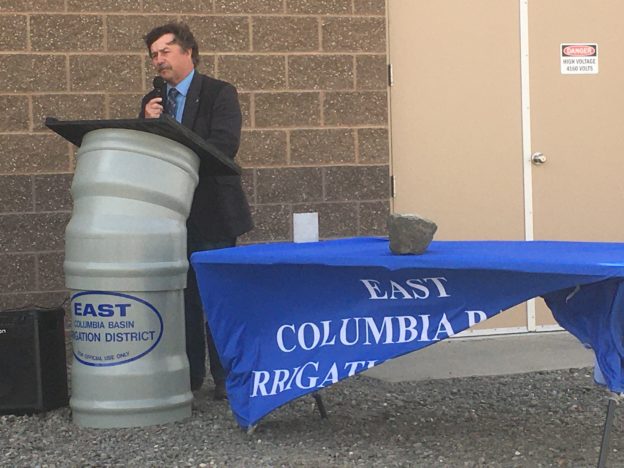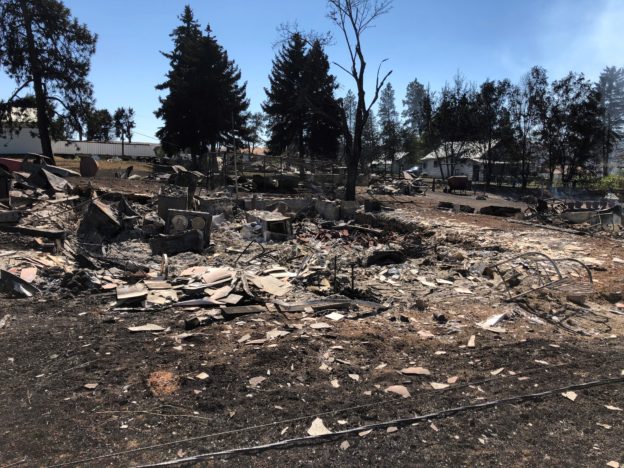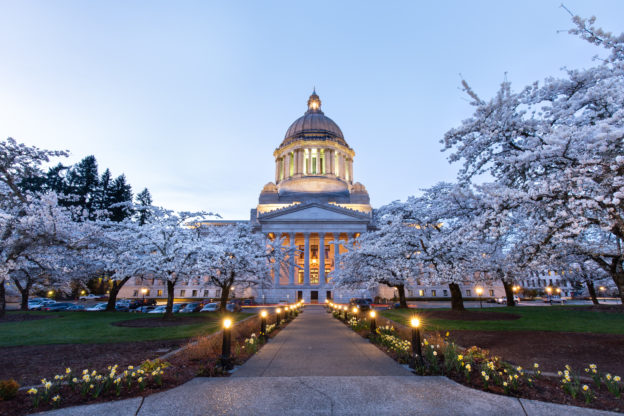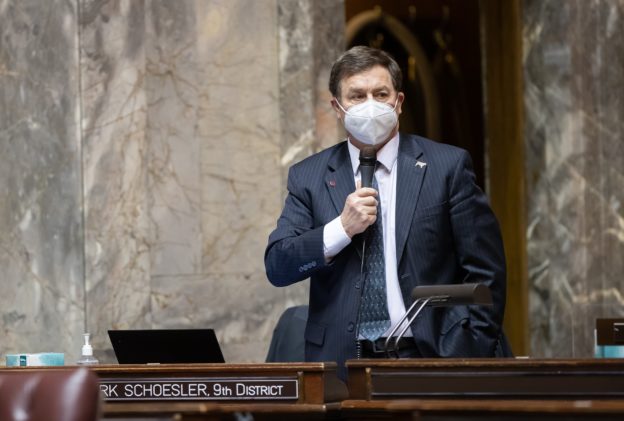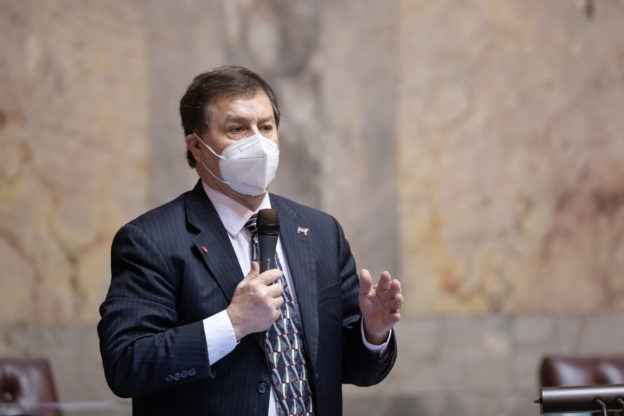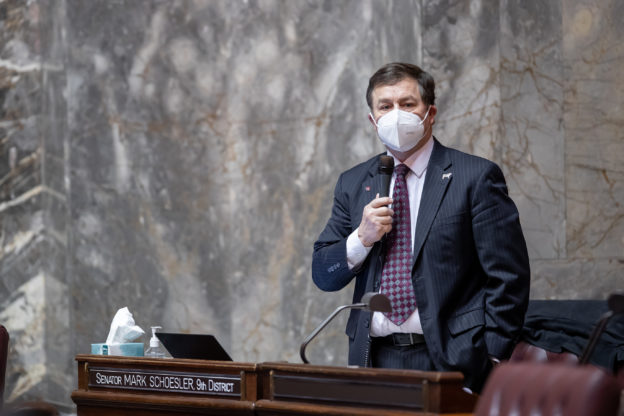Following yesterday’s announcement by the state Employment Security Department that it will raise both minimum and maximum weekly unemployment benefits for jobless workers, 9th District Sen. Mark Schoesler pointed out that legislation he introduced would provide relief and help stabilize unemployment-insurance rates for Washington employers who pay UI taxes.
Schoesler’s proposal, Senate Bill 5197, would offer relief by adjusting the calculation used to determine UI taxes. Much like a tuition cap gives certainty to families and students about the costs of higher education, his bill would create a cap on the maximum UI wages subject to tax to provide welcome stability for employers when it comes to this particular cost of doing business. It was introduced during the 2021 legislative session and received a public hearing in the Senate Labor, Commerce and Tribal Affairs Committee but was not passed by the committee.
“Employers in Washington will be forced to pay more in unemployment-insurance taxes for reasons that aren’t their fault,” said Schoesler, R-Ritzville. “My bill is eligible for consideration again during the next legislative session. It would at least provide some needed stability at a time when employers really need it.
“One of my concerns about ESD’s proposed increase in unemployment benefits is that it will cause jobless workers to have less incentive to search for a new job and rejoin the workforce. There are certain sectors of our economy, especially restaurants and retail, that really need more workers. We need to get our unemployed back to work, not make it easier for them to stay unemployed when more workers are needed,” added Schoesler, a member of the Labor, Commerce and Tribal Affairs Committee.
The Employment Security Department yesterday announced that Washington’s average annual wage grew by 10.1 percent in 2020 to $76,741. According to ESD, the average annual wage is used to calculate unemployment benefits for jobless workers and Paid Family and Medical Leave benefits. The minimum weekly unemployment benefit, calculated at 20 percent of the average weekly wage, will increase by $94 to $295, for new claims opened on or after July 4. At the same time, the maximum weekly benefit, which is the greater of $496 or 63 percent of the average weekly wage, will increase by $85 to $929.
Schoesler, who owns and operates a wheat farm near Ritzville, says the past 15 months have been especially difficult and unusual for most Washington employers.
“Soon after COVID-19 reached Washington, our state government forced many businesses to close, driving up the number of unemployment claims and draining the fund that pays those claims. Many businesses in our state are still struggling, and the last thing they need right now is a sharp increase in paying UI taxes. My bill would provide needed relief and stability.”












